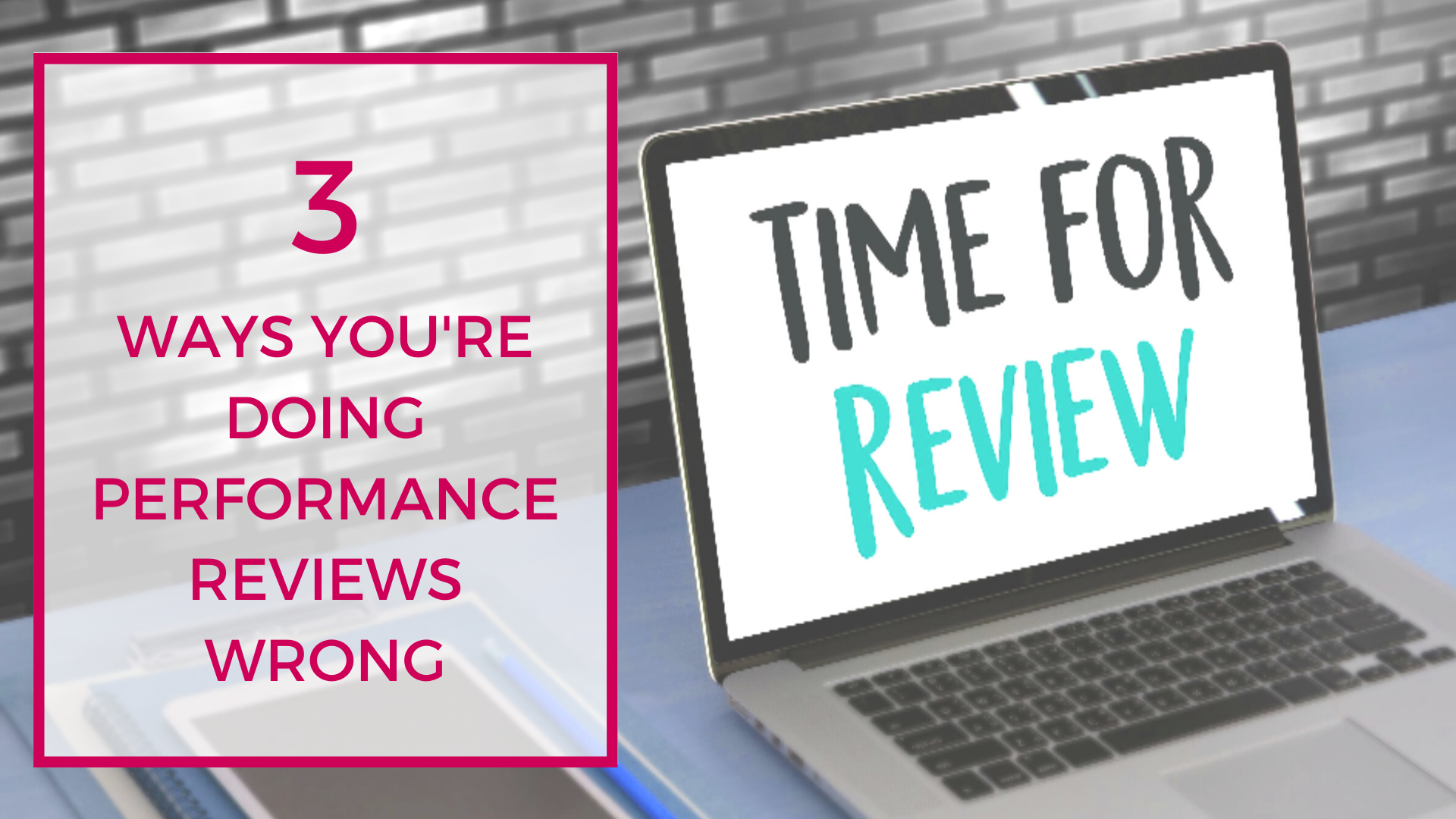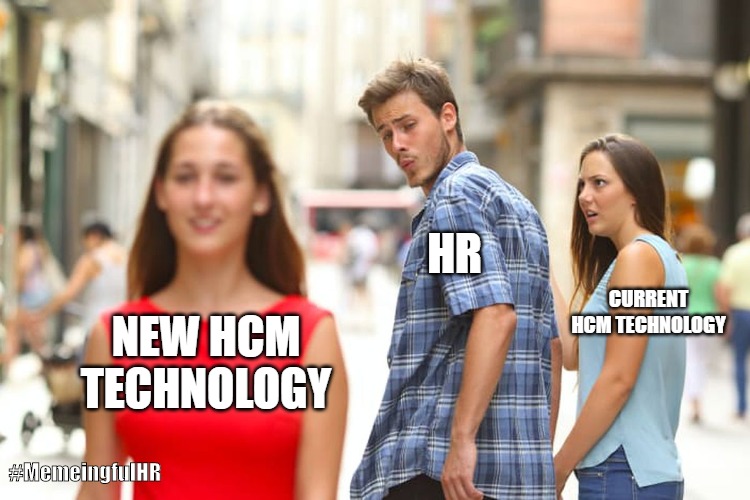 The world of work is changing rapidly…too rapidly. Chances are your employees are at home dealing with work connectivity through technology, keeping kids engaged, summer plans changing to stay-cations, lack of social interaction at work, Zoom or Teams meetings replacing face to face collaborations and meetings, cooking more at home, and the list goes on.
The world of work is changing rapidly…too rapidly. Chances are your employees are at home dealing with work connectivity through technology, keeping kids engaged, summer plans changing to stay-cations, lack of social interaction at work, Zoom or Teams meetings replacing face to face collaborations and meetings, cooking more at home, and the list goes on.
Will this change the face of work?
Absolutely.
We are seeing this already occurring and many organizations are beginning to realize that they can work effectively and maybe even more efficiently at home, (if distractors can be minimized). However, not all leaders, or employees will want, like this new way to the new normal.
People are naturally social so this can take a toll on people who want to be around others, have some structure or just enjoy going into an office environment. Also, there are technology challenges for those who have poor or limited internet services and distractions in the home.
Work can be a sanctuary and relief for those who need to get out of the house. Research from Microsoft is also showing that people are tending to work an additional four more hours a week. Beyond the likely burnout of many employees, organizations also have to worry about how working from home can impact maintaining compliance, accurate hours reporting, and overtime.
HR has already been through the ringer while facing the challenges and the pivoting at the beginning of the pandemic. Then, many HR professionals communicated mandatory furloughs, problem solving work from home issues, coordinating emergency leaves of absence, and so much more on top of they already packed schedule.
What will the face of HR look like in the future?
Overall, there is a distinct evolution going on in our workplace. HR will be challenged to strategize and embrace this new normal with innovative ideas and approaches and be required to create policies and procedures that reflect the changing work environment. They will also need to evaluate the impact these trends are having within their organization and to what degree these changes impact strategic goals and plans. Many organizations are already extending their work from home policies with several looking at next year before even thinking of having employees work at the office.
Here are some other ways in which HR will need to become more adaptable in a post-COVID-19 world:
- Ramp up training and investment in remote work. This is one of the one of the largest work from home experiments ever and training is one way to deal with how to be successful working from home.
- Provide flexibility to employees to allow for the distractions and responsibilities that come with children who are being schooled at home.
- Well-being is important as people are less connected than before. A person’s physical, emotional, mental and spiritual well-being helps focus workers on the anxiety and potential isolation they feel by working from home.
- Help the organization and your department redefine the business. HR and the business have the opportunity to re-think assumptions on service and product offerings.
- Rethink talent acquisition, talent development and performance strategies. How should these traditional HR functions redefine themselves to meet the new remote workforce needs?
SHRM CEO Johnny C. Taylor summed it up best in a recent article. He is challenging HR leaders to become more innovative and strategic thought leaders by shaping what talent acquisition and talent management looks like in the future. COVID-19 is the ultimate reason for making changes at work.
I agree that now is the time for HR to lead the change and looking at what will change, how will it impact the business operations, HR service delivery model and workforce. Don’t let this opportunity pass you by. In the coming months it will be ever-increasingly easy for HR to focus on the tactical and forget the strategic. Don’t let this be your department. Our purpose at Willory is to empower people. We believe that HR is a direct route to empowerment of workers. By understanding your talent management, total rewards, and HR compliance strategies, you’ll be adding legitimate benefits to the employees and organizations you serve.
Recently Posted
Tag Cloud
Office

OH 44210
Connected:
Quick Links
For Employers
For Candidates
Your Source For HR & Payroll News
- Privacy Policy
- Terms & Conditions
- Site Map



